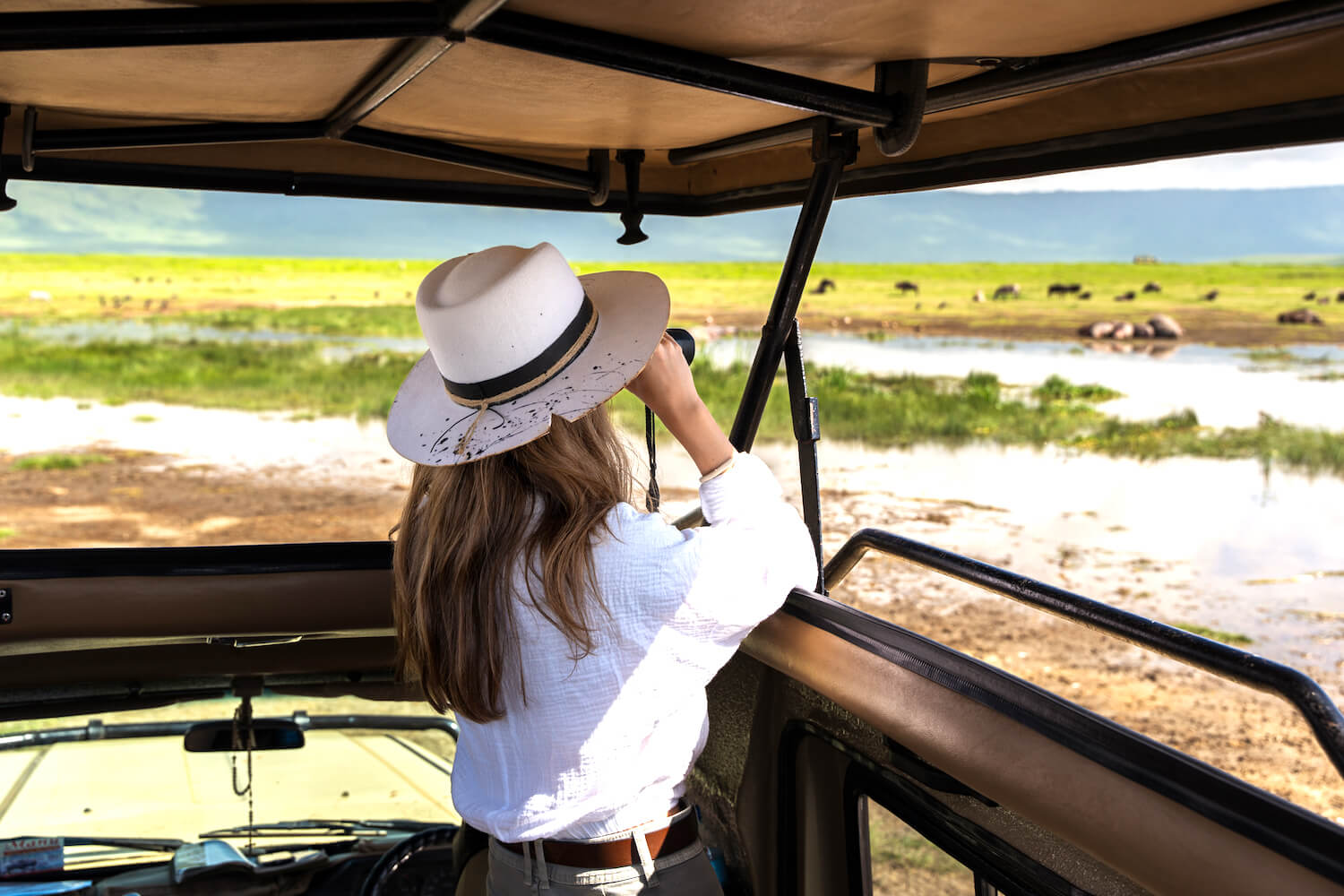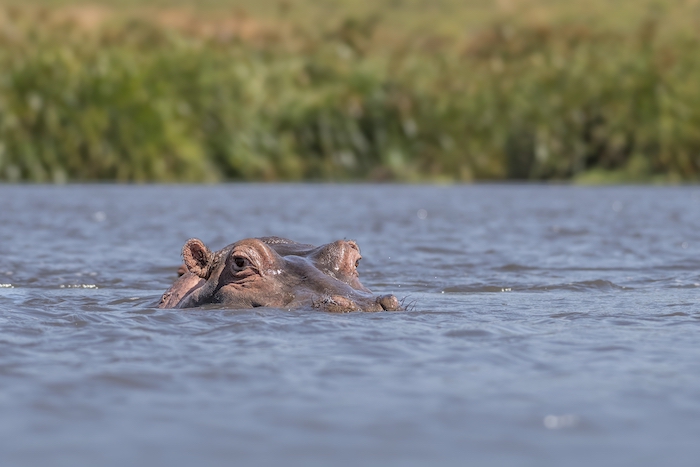- About Us
- Contact Us
- Call Our Experts
Travel Advice for Your Tanzanian Adventure with African Timeless Adventures
At African Timeless Adventures, we want to ensure that your journey through Tanzania is seamless, enjoyable, and memorable. Whether you’re coming for a thrilling safari, an adventurous hike, or a relaxing beach getaway, there are a few things to keep in mind to make the most of your trip. Below are our expert travel tips and advice to help you prepare for your unforgettable adventure.
1. Best Time to Visit Tanzania
Tanzania is a year-round destination, but the best time to visit depends on the type of experience you’re seeking:
- For Safari: The dry season (from June to October) is ideal for wildlife viewing as animals congregate around water sources.
- For Climbing Mount Kilimanjaro: The peak seasons are January to March and June to October, when the weather is most favorable for trekking.
- For Zanzibar: The island is best visited during the dry months, from June to October and December to February. These months offer sunny weather perfect for beach activities and water sports.
2. Visa Requirements
Most visitors to Tanzania will require a visa. Here are the key points to know:
- Tourist Visa: Citizens from many countries can apply for a tourist visa upon arrival or online through the eVisa platform.
- Travel Document: Your passport must be valid for at least six months beyond your travel dates and have at least one blank page for visa stamps.
It’s always best to check the latest visa requirements based on your nationality before traveling.
3. Health and Safety Tips
Your health and safety are our top priority. Here are some tips to ensure a smooth, worry-free experience:
- Vaccinations: It’s recommended to get vaccinations for Yellow Fever, Typhoid, Hepatitis A/B, Tetanus, and Malaria before traveling. Malaria medication is often advised for trips to rural areas.
- Malaria Prevention: While Tanzania’s major cities and safari parks are relatively malaria-free, it’s advisable to carry insect repellent and sleep under a mosquito net, especially in remote areas.
- Travel Insurance: Comprehensive travel insurance, including medical coverage, is recommended to cover unexpected events such as illness or lost luggage.
- Water Safety: To avoid waterborne illnesses, always drink bottled water and avoid tap water or ice in drinks unless it’s from a reliable source.
4. Currency and Payments
- Currency: The Tanzanian Shilling (TZS) is the local currency. US dollars are widely accepted, especially in major tourist areas.
- ATMs and Credit Cards: You’ll find ATMs in larger cities like Arusha, Dar es Salaam, and Zanzibar. Most high-end lodges and tour operators accept credit cards, but it’s always wise to carry cash in small denominations for tips or small purchases.
- Tipping: Tipping is customary for guides, drivers, and hotel staff. A typical tip for safari guides is $10-20 per day per person, depending on the level of service.
5. Packing Tips
Packing for Tanzania requires thoughtful consideration of the climate and activities you’ll be participating in. Here are some essentials:
- For Safari: Neutral-colored clothing (such as beige, khaki, or green) is recommended to blend in with the environment and avoid attracting insects. A wide-brimmed hat, sunglasses, and sunscreen are a must.
- For Mount Kilimanjaro Trek: Layered clothing is important due to the varying temperatures. Bring sturdy, comfortable hiking boots, a good quality jacket for cold weather, and a daypack.
- For Zanzibar: Lightweight clothing, swimwear, and a cover-up for the beach are essential. Don’t forget sunscreen and a hat for protection from the sun.
- Essentials: A good camera, power bank, reusable water bottle, and a flashlight are always recommended.
6. Local Customs and Etiquette
Tanzanians are friendly and welcoming, and learning a few local customs can make your trip even more rewarding:
- Greetings: A handshake is the traditional greeting in Tanzania, often accompanied by a smile. It’s polite to greet others with “Habari” (Hello) or “Jambo” (Hi).
- Dress Code: While Tanzania is generally casual, modest dress is advised, especially in Zanzibar and other coastal areas.
- Respect for Wildlife: Always follow the guidance of your safari guide and refrain from disturbing the animals. Tanzanian parks have strict rules to ensure the safety of both visitors and wildlife.
7. What to Expect During a Safari
Your safari adventure will be the highlight of your trip. Here’s what to expect:
- Game Drives: Expect to spend several hours each day on a game drive in open-air vehicles. Guides will drive you through the park and share their expert knowledge on wildlife behavior, ecosystems, and the landscape.
- Wildlife Encounters: While sightings can’t be guaranteed, Tanzania is home to an abundance of wildlife. You’ll have the chance to see elephants, lions, giraffes, zebras, and perhaps even the elusive leopard or cheetah.
- Cultural Experiences: Many safari experiences also include a cultural component, such as visits to Maasai villages or the chance to learn about local traditions.
8. Communication and Connectivity
- Mobile Network: While you’ll have good reception in major cities and some safari lodges, expect limited coverage in remote areas.
- Wi-Fi: Wi-Fi is available at most accommodations, though it may be slower in more remote regions.
Let African Timeless Adventures Handle the Details
From expert guides to custom itineraries, African Timeless Adventures offers you a hassle-free travel experience. With our insider knowledge and personal touches, we take care of all the logistics so that you can focus on enjoying every moment of your journey. Whether you’re going on a thrilling safari, hiking Mount Kilimanjaro, or relaxing on the beaches of Zanzibar, we’ve got you covered.
If you have any further questions or need more specific advice, don’t hesitate to contact us. We’re here to ensure your Tanzanian adventure is unforgettable!
What our client say about Us

Wonderful tripWe (6 people from Austria, Poland and Greece) booked a 10 day private safari with Tanzania Experience, visiting Tarangire, the Serengeti, Ngorongoro, Arusha and Arusha National park, and the Kilimanjaro. Thanks especially to our excellent guide, it was a wonderful journey filled with exciting adventures. Our Guide was extremely helpful, constantly trying to find the most exciting spots, solving any problem that occurred, including getting the car that was stuck in the mud out again. If you plan a trip to see the wildlife in Tanzania, then we can unconditionally recommend this travel agency and especially our guide, they will make your trip an unforgettable one.

Join/Follow us on



